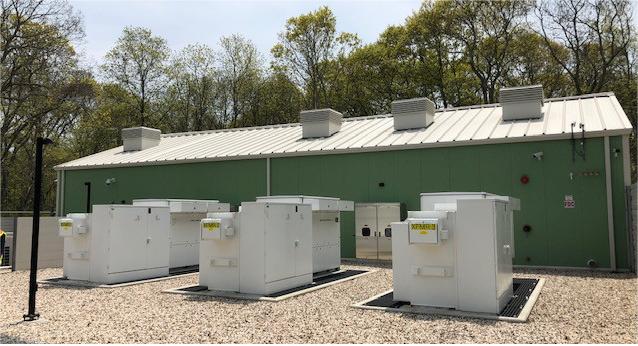
Aug . 10, 2024 22:25 Back to list
Overview of Leading Manufacturers in the Electric Vehicle Charging Station Industry Today
The Landscape of EV Charging Station Manufacturers
As the world pivots toward sustainable energy solutions, electric vehicles (EVs) are gaining momentum, spurred by government incentives, advancements in battery technology, and growing environmental consciousness. At the heart of this transition is the network of EV charging stations, essential for supporting the widespread adoption of electric vehicles. This article reviews the landscape of EV charging station manufacturers, highlighting key players, technological advancements, and the challenges ahead.
Key Players in the Market
Numerous manufacturers are vying for dominance in the EV charging station market, each contributing unique technologies and solutions. Prominent names include Tesla, ChargePoint, Blink Charging, ABB, and Siemens, among others.
Tesla has become synonymous with EV technology, and its Supercharger network is renowned for its high-speed charging capabilities
. Tesla's focus on vertical integration allows them to maintain control over every aspect of the charging experience, making it seamless for Tesla users.ChargePoint, another significant contender, operates one of the largest independently owned networks of charging stations in North America. By providing a wide array of charging solutions from residential to commercial applications, ChargePoint caters to various consumer needs. Their network is designed to be user-friendly through an intuitive mobile app that helps users locate nearby chargers, manage charging sessions, and even receive updates on vehicle charging.
ABB and Siemens, established players in the electrical equipment industry, bring their engineering expertise to the EV charging sector, focusing primarily on fast and ultra-fast charging solutions for commercial and public use. Their products incorporate cutting-edge technology, such as smart charging stations that can adapt to grid requirements, ensuring energy is used efficiently and cost-effectively.
Technological Advancements
ev charging stations manufacturers

The advancements in EV charging technology are remarkable. Manufacturers are continuously investing in developing chargers that can minimize charging times and maximize energy efficiency. Solutions like DC fast charging have revolutionized the industry, allowing users to charge their vehicles in a fraction of the time that conventional AC chargers take.
Moreover, wireless charging technology is on the horizon, promising even greater convenience for users. Companies are exploring inductive charging options, which could eliminate the need for cables and connectors, making EV charging as effortless as parking over a charging pad.
Smart technology integration is also becoming prevalent in charging stations. Many manufacturers are now implementing features such as cloud connectivity, enabling real-time monitoring of charging status and energy consumption. This connects charging stations to smart grids, which helps in load balancing and optimizing energy distribution based on demand.
Challenges and Future Prospects
Despite the promising growth and innovation within the sector, several challenges persist. The availability and accessibility of charging stations remain a critical issue. Rural areas often lack sufficient infrastructure, which could deter potential EV buyers. Moreover, standardizing charging solutions is crucial; as different manufacturers produce various types of chargers, the inconsistency can create confusion for consumers.
Cost is another barrier; while the prices of EVs decline, the installation of charging infrastructure can be expensive. Financial support from governments and private investors will be vital in overcoming these obstacles and developing a robust charging network.
In conclusion, the EV charging station manufacturing landscape is vibrant and evolving, characterized by a mix of established players and startups innovating to meet the needs of a growing EV market. As technology advances, and with concerted efforts to address current challenges, the future of EV charging holds great potential to complement the inevitable rise of electric vehicles in our communities. Thus, nurturing partnerships between manufacturers, government entities, and consumers will be essential for fostering an efficient and widespread EV charging infrastructure.
-
Advanced AI Energy Management with GPT-4 Turbo
NewsAug.02,2025
-
AI-Powered EMS with GPT-4-Turbo | Efficiency Boost
NewsAug.01,2025
-
Optimized Storage System for GPT-4-Turbo | High Performance
NewsJul.31,2025
-
AI Energy Management System w/ GPT-4 Turbo Efficiency
NewsJul.31,2025
-
High-Performance Energy Storage System for Reliable Power Solutions
NewsJul.30,2025
-
Advanced EMS Solutions for Energy Management System & Storage Battery Companies
NewsJul.29,2025























